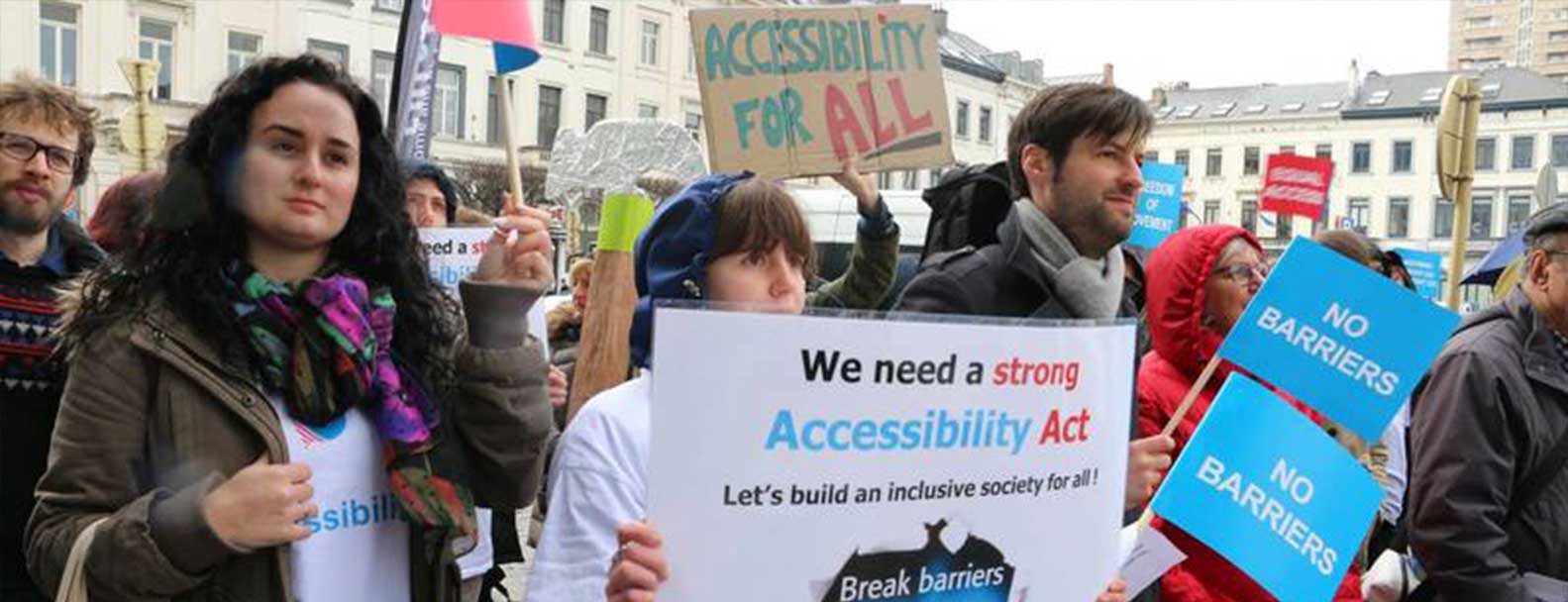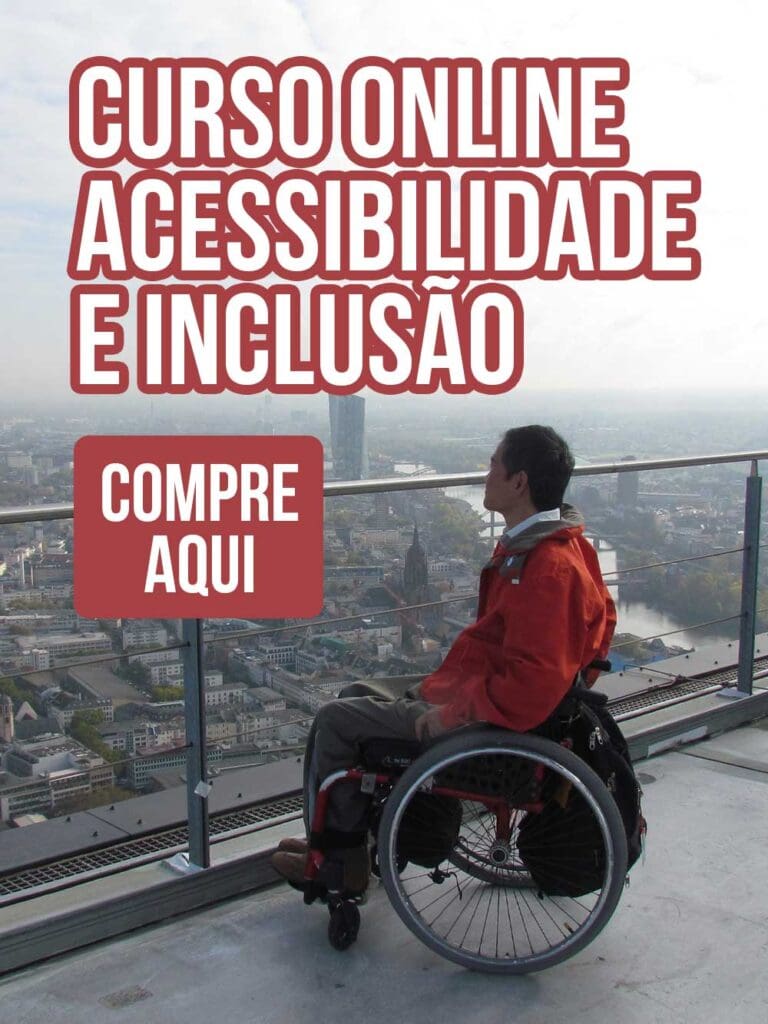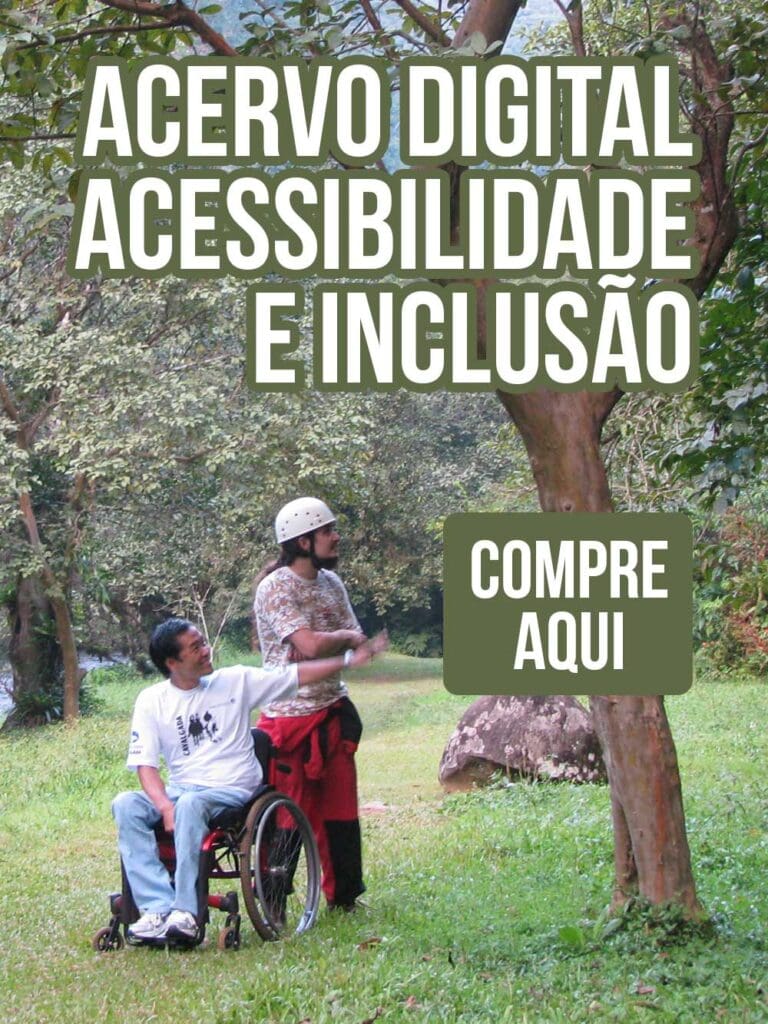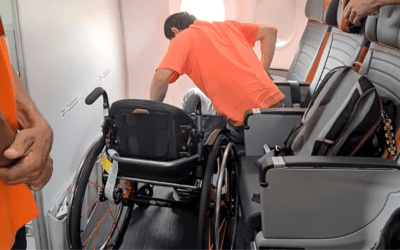
Accessibility Act: Business over people?
The IMCO Committee has favoured business demands over the rights of people, including persons with disabilities, older people and all consumers. This fully contradicts all previous statements by the European Parliament on the Accessibility Act and in particular the European Parliament’s resolution of 7 July 2016. The report is watering down the European Commission’s proposal to such an extent that there is a risk that the Accessibility Act may be meaningless for millions of people in Europe.
This is a moment in Europe where citizens need to see the European Institutions adopting laws and policies which are going to benefit ordinary people. We call on all the Members of the European Parliament (MEPs) to substantially amend the IMCO Committee’s report in the plenary in June and to promote a strong and ambitious Accessibility Act.
The IMCO Committee’s report as it was voted yesterday:
- Completely excludes microenterprises from making their products and services accessible to all people;
- Limits the link to public procurement and European Union (EU) Structural Funds;
- Does not fully address the accessibility of the built environment;
- Deletes the definition of “persons with functional limitations”;
- Exempts both Small and Medium Enterprises (SMEs) and microenterprises from the notification obligation to the authorities;
- Limits the application of the Act on transport services;
- Grants longer transition times to self-service terminals;
- Limits the accessibility requirements for audiovisual services to only websites and mobile applications.
What does that mean in practice?
- The exemption of microenterprises means that many e-commerce services and e-books of small publishers will be inaccessible; millions of people in Europe, including persons with disabilities, will continue being excluded from buying things online or reading e-books.
- Buildings do not have to be accessible, if Member States show they already have any kind of accessibility legislation in place, even though this legislation might be very limited or insufficient in practice. Therefore, millions of people in Europe will continue facing barriers to enter a bank, a school, a train station etc.
- It will be possible that EU funding and taxpayer’s money are used to pay for a school building that is not accessible, as there are still no binding accessibility requirements. Entering a school will, thus, continue being impossible for many children with disabilities in Europe.
- A “small” company of up to 250 employees can continue making inaccessible products without having to notify the authorities, if they consider that making their products and services accessible would be too much of a burden for them. In practice, it will be therefore difficult to check if they are applying the accessibility requirements correctly.
- When a company calculates whether making their product accessible would cost them too much, they only have to estimate the number of persons with disabilities that would be “directly affected”. This excludes older people, people that have temporary impairments e.g. following surgery or with a broken leg, as well as other consumers that benefit from the accessibility features.
- Even if they are not accessible, cash machines (ATMs) or ticketing machines can still be used until the end of their economic lives; they don’t have to be replaced by accessible ones which would make it possible for all people to use them to withdraw money or buy a ticket.
- Every TV broadcaster will decide themselves how their accessibility services will be provided to their audience and of what quality these will be. For example, when it comes to subtitles for the deaf and hard of hearing people, or the audio description for blind people. Furthermore, important aspects on audiovisual services, such as the Electronic Program Guides, will remain inaccessible so persons with disabilities and other people won’t be able to use them.
Source: Mail Chimp
Compartilhe
Use os ícones flutuantes na borda lateral esquerda desta página
Siga-nos!
Envolva-se em nosso conteúdo, seus comentários são bem-vindos!
Artigos relacionados
Acessibilidade no transporte aéreo. Atualização das regras.
Acessibilidade no transporte aéreo. Revisão da Resolução nº 280/2013 da ANAC através de consulta e audiência pública.
Inclusão no filme Wicked. Atriz cadeirante chama a atenção.
Inclusão no filme Wicked. Marissa Bode é uma atriz com deficiência na vida real, e sua deficiência não foi um impedimento para a atuação.
Diretrizes da ANPTUR para o Turismo Brasileiro
Diretrizes da ANPTUR para o Turismo Brasileiro. Acessibilidade é um dos capítulos desse importante guia orientador para o turismo.






0 comentários